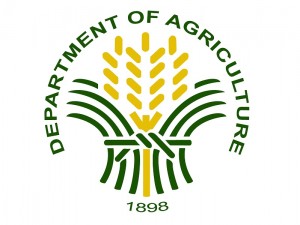The country’s agriculture chief is imposing a ban on small farmers’ groups that were used as “dummies” by bigger traders to import rice following the deregulation of rice trade.
Speaking to reporters in a press conference on Friday, Agriculture Secretary William Dar said cooperatives and associations that willingly gave
their import permits for the use of traders would not be allowed to import anymore.
“They (farmers) are making this a living by letting traders use their cooperatives. We will ban them. We have the listing. They will no longer participate,” said Dar.
He added that based on data from the Bureau of Plant Industry (BPI)—the office responsible for the issuance of import permits—there were “hundreds” of these associations that could be guilty of participating in such a scheme.
Dar said many of these farmers groups did not have the financial capacity to import the volume they had indicated in their documents. As such, he has instructed BPI to impose stricter requirements to traders before issuing them permits.
“We have strengthened our guidelines. Before they can import, they should be financially stable for the past three years. If they don’t have any warehouse capacity, they also cannot import. [It’s these practices] that result in the falling prices of palay. This is their fault,” the secretary added.
Less than a year since the government allowed the unimpeded importation of rice, the country’s rice imports increased by 58 percent to 3 million metric tons (MT) from 1.9 million MT in 2018 and by 275 percent against the 2017 record.
Asked whether the same penalty would be incurred by traders who made use of cooperatives as a means to import, BPI director George Culaste told the Inquirer that they have yet to identify those that were on the other end of the scheme.“We have the list of the cooperatives because we have their records with us. We haven’t identified the traders,” he said.


